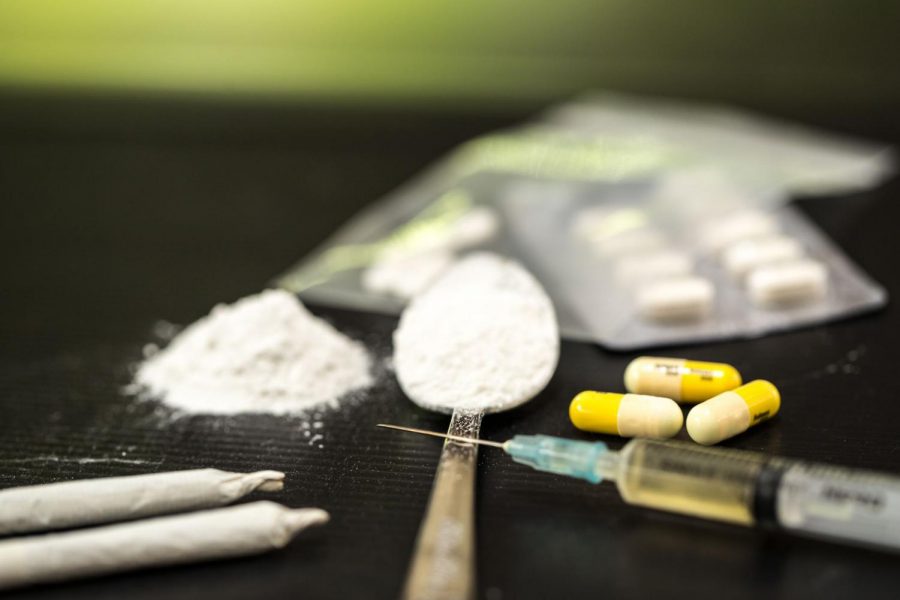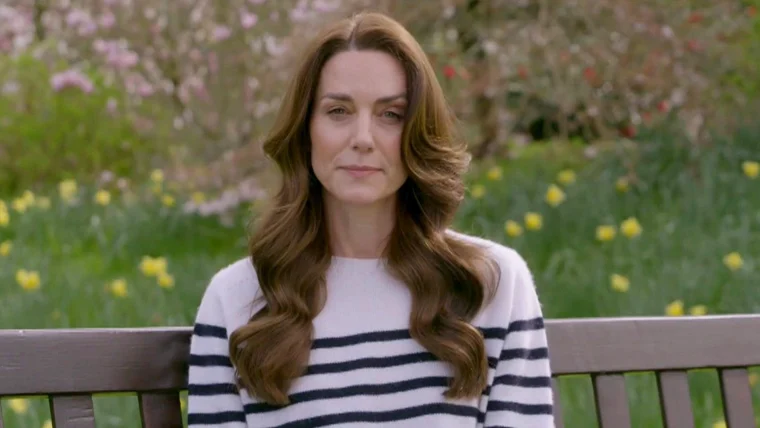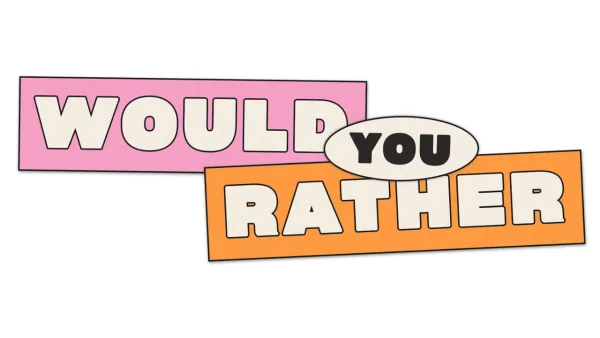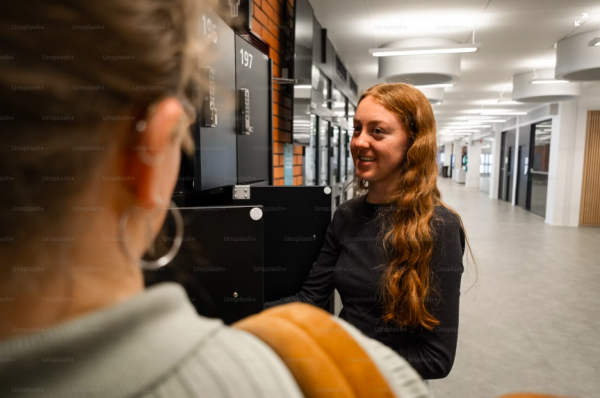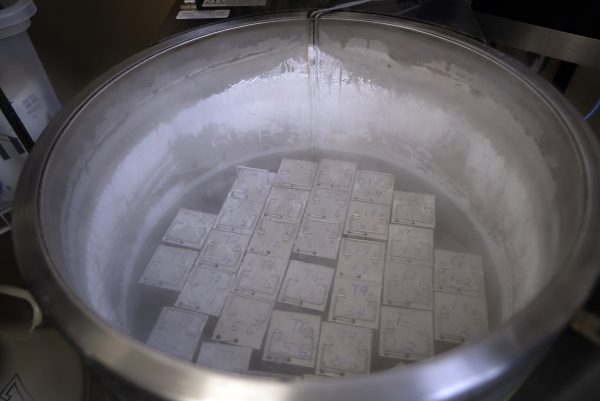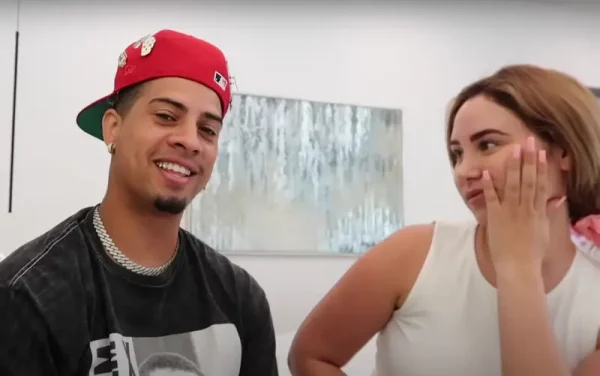Oregon and Opioids
https://www.google.com/url?sa=i&url=https%3A%2F%2Fwww.verywellmind.com%2Fdrug-paraphernalia-photo-gallery-4020396&psig=AOvVaw3QuzMRZB22xBo5qY2p78D8&ust=1605285934066000&source=images&cd=vfe&ved=0CAIQjRxqFwoTCLiA4Ka6_ewCFQAAAAAdAAAAABAD
November 30, 2020
As of November 3rd, 2020, voters in Oregon have elected to legalize all drugs including harder “street drugs” such as heroin and cocaine. The selling of these substances remains illegal, however, those found with a small amount no longer face any jail time. They have also chosen to legalize the use of psychedelic mushrooms in a therapeutic, supervised setting. While these may seem extremely progressive to some states, Oregon has always been ahead of the curve regarding the decriminalization of illegal substances. In fact, they took steps to end America’s long going drug war by being one of the first states to legalize recreational marijuana. This move inspired other states to legalize it as well, leaving many to wonder if Oregon’s new laws will inspire change elsewhere.
Thus Far, criminalization has not helped to solve the opioid crisis in this country. And we have been trying this since the war on drugs began all the way back in the 1970s. Oregon and its voters are now trying for a new approach, to hopefully focus on safe rehabilitation for addicts rather than simply arresting all minor drug offenses. With the threat of jail time or even prison for simply possessing a drug removed entirely in this state, they can focus on more efficient rehabilitation strategies such as rehab or payment of fines. These types of crimes will not strip individuals of their livelihoods, but also encourages them to make a change With the current statistic being that only 1 in 10 users seek treatment, voters are hopeful that these new changes will turn things around and give many Americans a chance at a new future.

